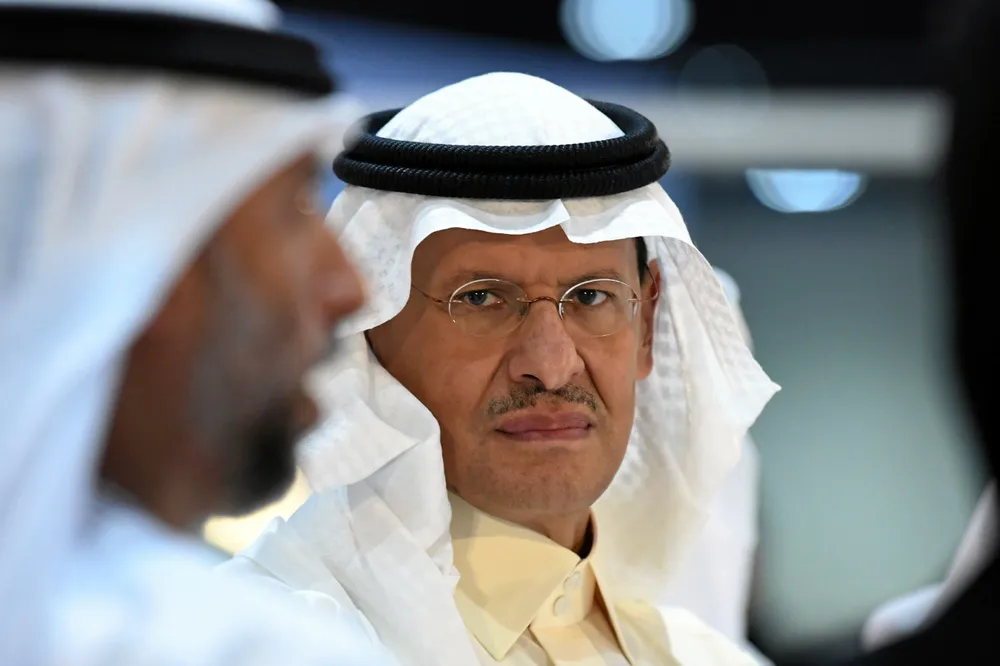Saudi Arabia aims to be world's leading hydrogen exporter as it announces $266bn clean energy plan
Energy minister discusses the ambition, but offers few details of gargantuan investment programme

Energy minister discusses the ambition, but offers few details of gargantuan investment programme
